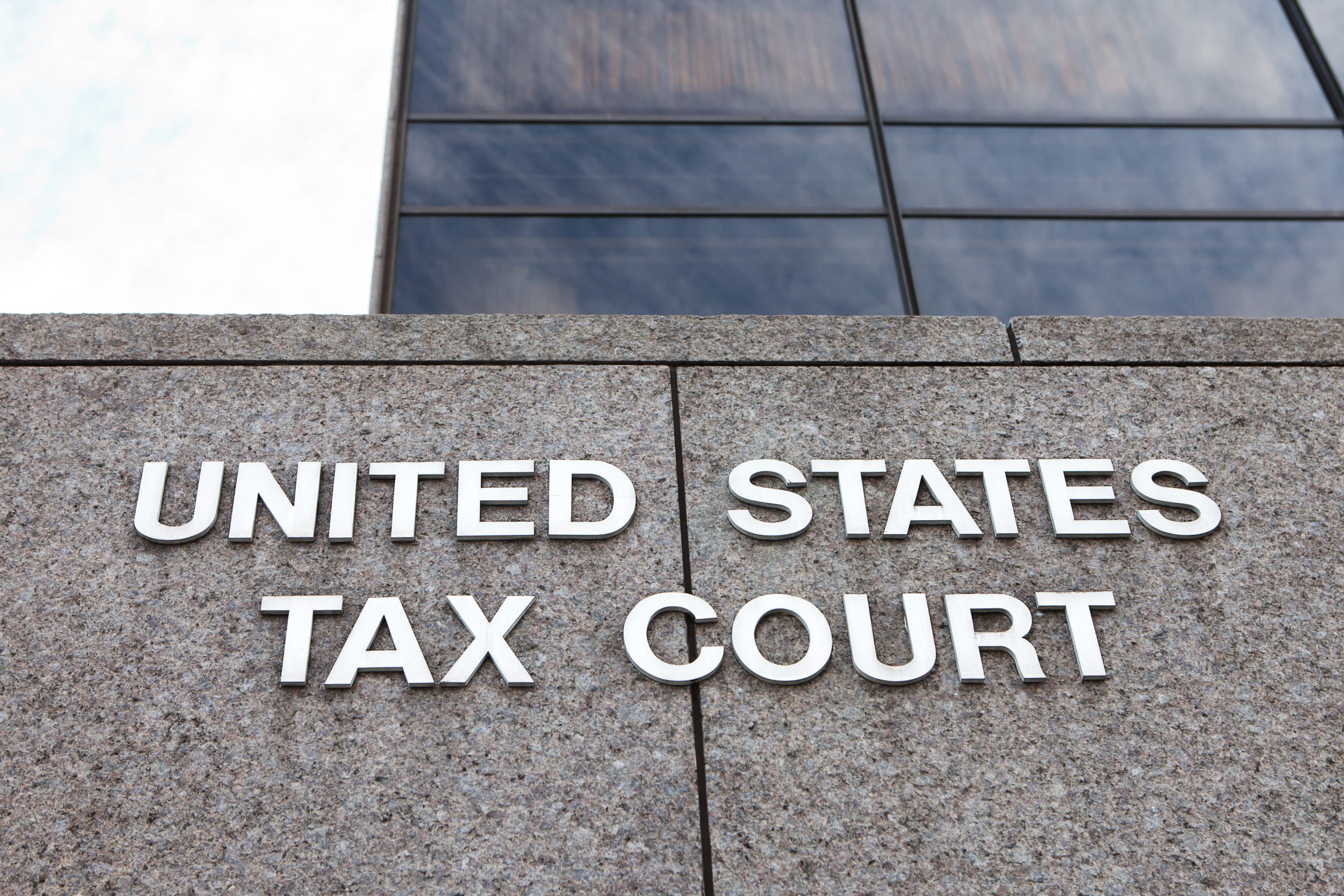The United States Tax Court is a federal court that exclusively hears tax matters and related disputes. This administrative court is separate from the Internal Revenue Service (the “IRS”) and was set up by Congress to provide taxpayers with the opportunity to have a fair hearing. Unlike in other federal trial courts, the cases in Tax Court aren’t decided by juries — instead, the outcome of each matter is determined by a judge. Although many taxpayers won’t ever have a reason to bring a case to this tribunal, there are several issues that are commonly heard in Tax Court.
What Types of Cases Does the U.S. Tax Court Hear?
A case in Tax Court is commenced by filing a petition. Anyone who has received a notice of deficiency, a notice of determination, or a notice of certification from the IRS may be entitled to begin a case.
A taxpayer may also be able to file a petition if they previously filed a claim for relief from joint and several liability and the IRS failed to issue a determination letter.
Top 3 Tax Court Issues
The three issues most commonly heard in Tax Court include whether:
(1) The tax assessed is owed — The most common cases heard in Tax Court arise from the question of whether tax is owed. For instance, appeals to Tax Court may be made after the IRS sends a Notice of Deficiency concerning additional tax assessed after an audit. A taxpayer may also appeal to the Tax Court following collections due process proceedings after receiving a Notice of Determination.
(2) The taxpayer must pay a penalty — If the IRS conducts an audit and determines a tax return is inaccurate, the taxpayer could be subject to a penalty. If a taxpayer appeals the case and disagrees with the IRS’s ruling, they may be eligible to file a petition in Tax Court.
(3) An innocent spouse might be entitled to relief — A spouse may be relieved from joint and several liability for errors or understatements of tax attributable to the other spouse.
There are specific timelines to start a case in Tax Court, depending on the reason you are filing the petition. For example, if you received a notice of deficiency, you have ninety (90) days to commence a case. A request for innocent spouse relief must be filed within two (2) years from the date the IRS begins its collection efforts. You must understand how much time you have to file based on your specific circumstances — failure to timely commence your case can forever bar you from obtaining the relief you seek.
What is an S Case Procedure in Tax Court?
An S Case allows for simplified procedures applied to smaller cases to resolve disputes between taxpayers and the IRS. The proceedings associated with small tax cases — also known as “S cases” — are less formal and the Federal Rules of Evidence are relaxed. Note, neither the petitioner nor the IRS has the right to appeal to a U.S. Court of Appeals following the outcome of an S case.
The Tax Court will usually grant a request to proceed with a small tax case as long as certain criteria are met. To qualify for “S case” procedures, the dollar amount at issue in the case must not exceed Fifty Thousand Dollars ($50,000) for any one tax year. Even if you did not select S case status in your petition, you may opt for S case procedures at any time before your trial begins. Similarly, you can also change from S case status to a regular case prior to trial.
Contact a Knowledgeable Tax Attorney to Learn More
If you are wondering whether it is possible to obtain relief in Tax Court for your specific tax dispute, it’s best to consult with an experienced tax attorney who can advise you of your legal rights and remedies. Offering knowledgeable counsel and adept advocacy, Brinen & Associates is dedicated to providing reliable representation to clients for a wide variety of tax controversies. Call (212) 330-8151 or send us a message to learn how we can help.
